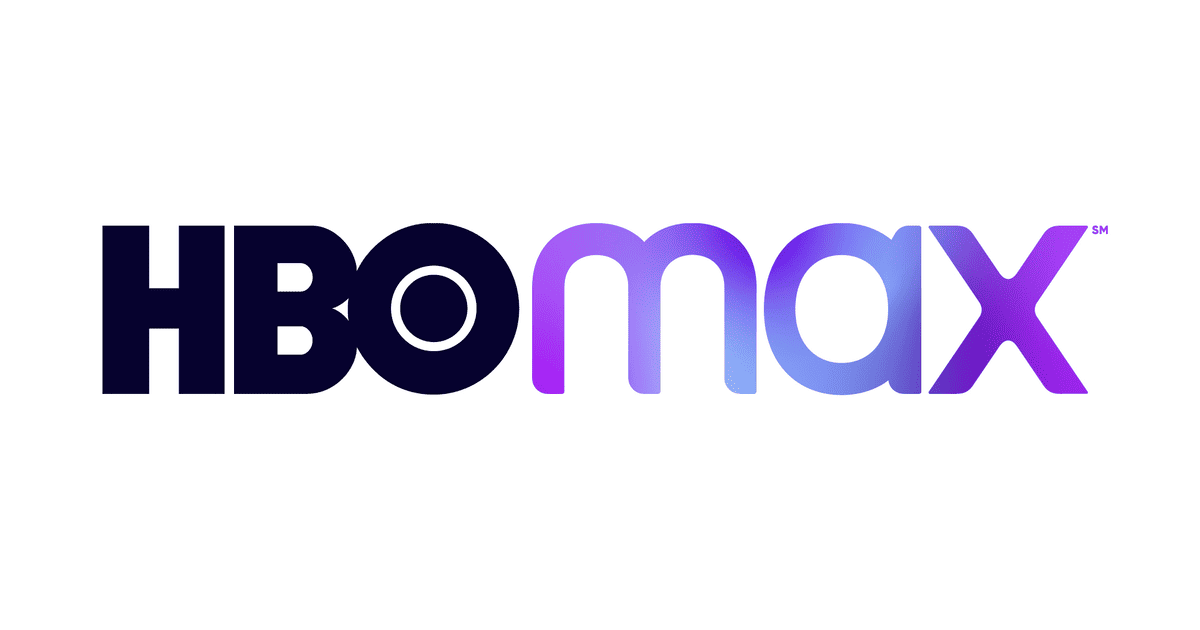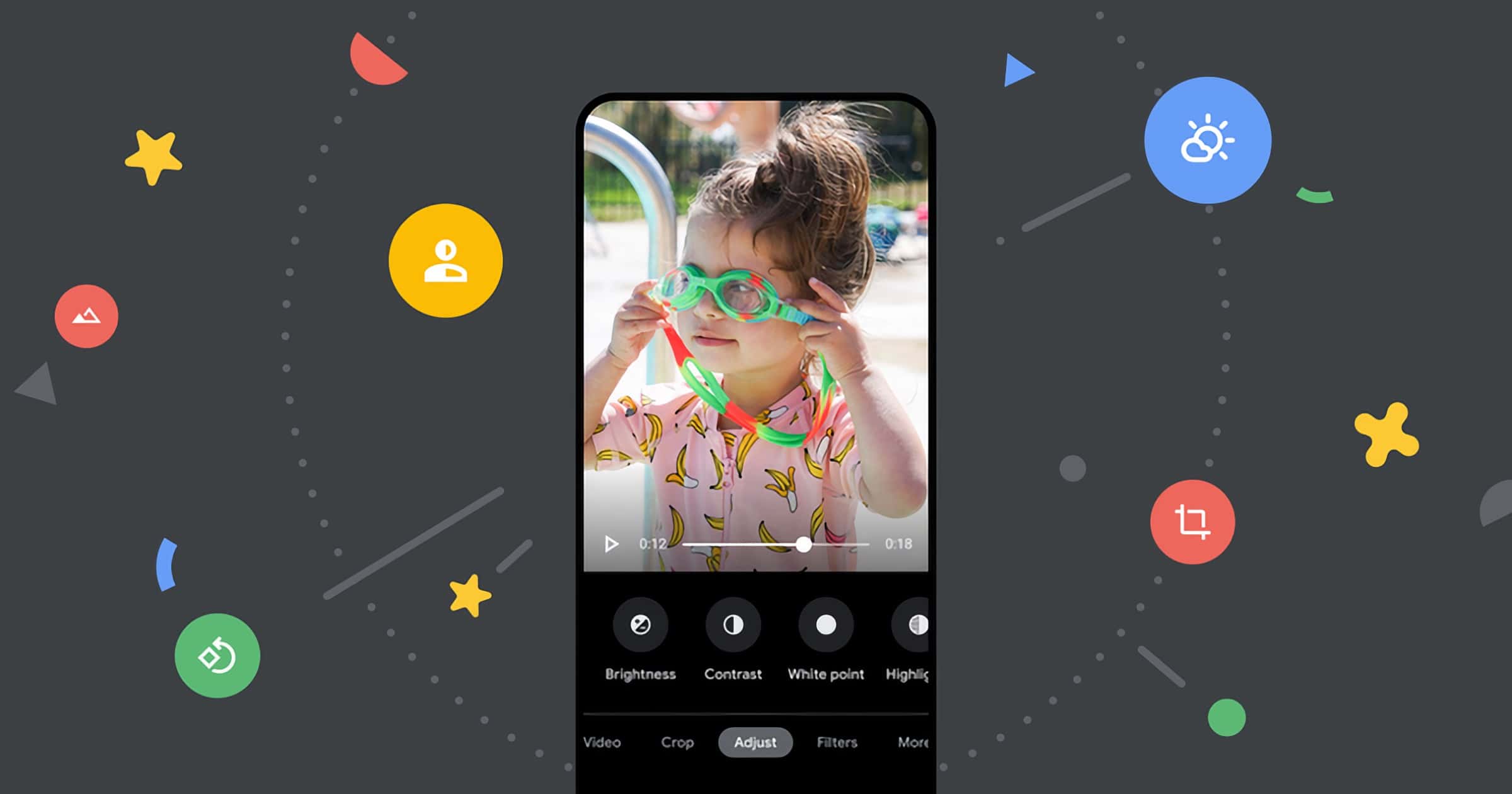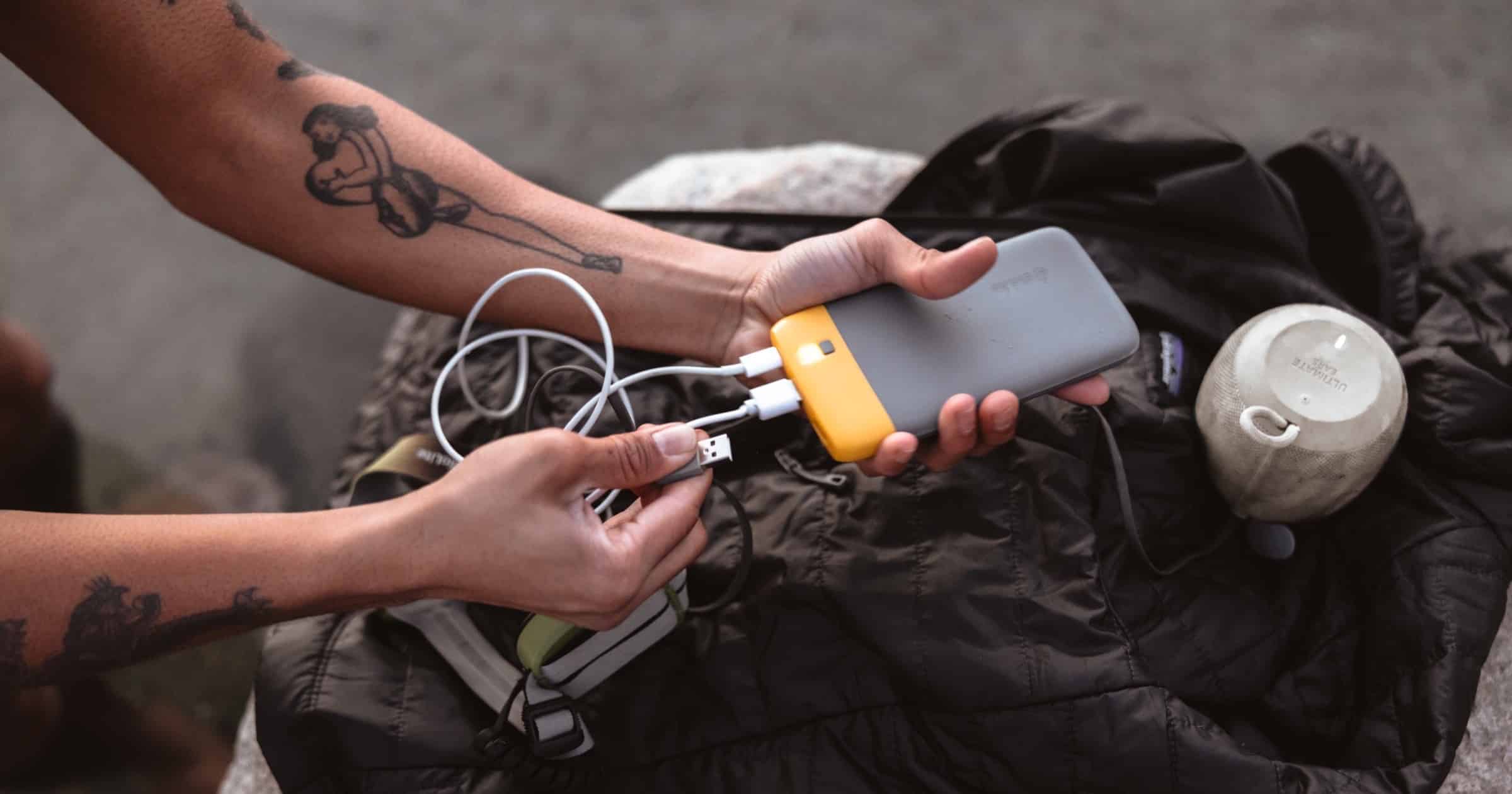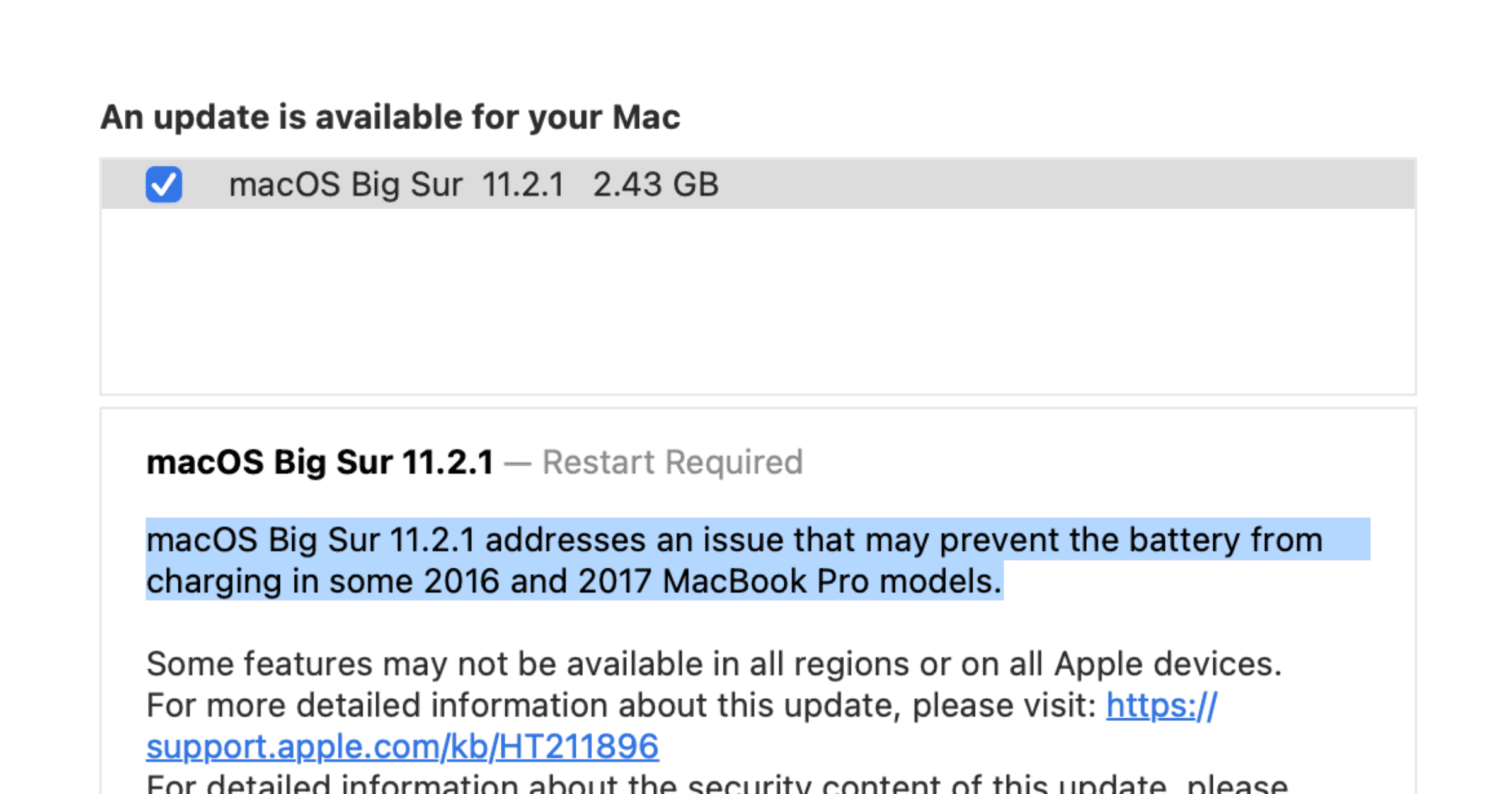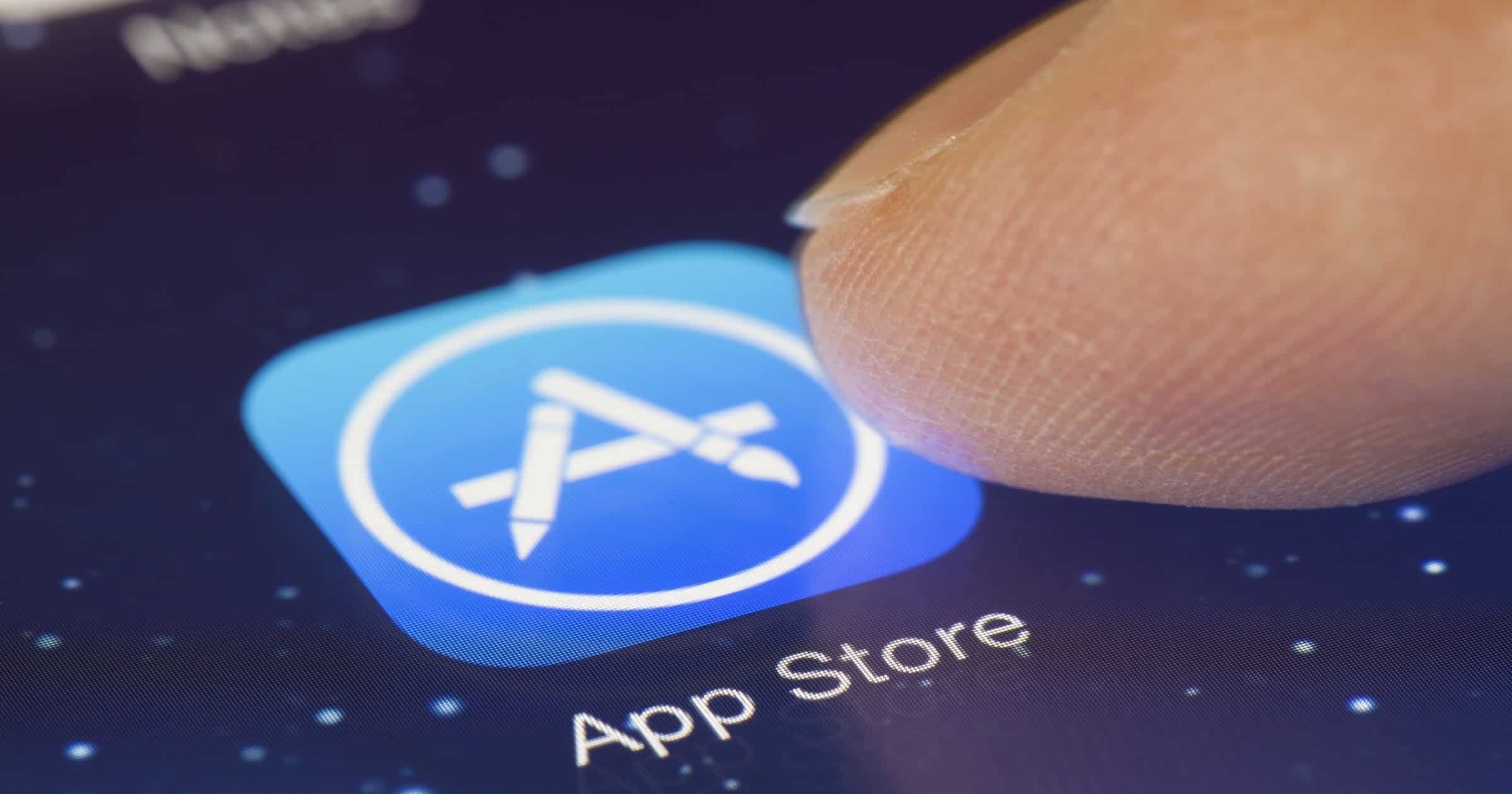Enter our new international giveaway for a chance to win the brand new iPhone 16 Pro.
Apple and US Manufacturing – TMO Daily Observations 2021-02-11
Bryan Chaffin joins host Kelly Guimont to discuss Apple’s current manufacturing and the possibility of some of it becoming US-based.
HBO Max Launching Internationally in June
HBO Max is going to launch internationally in June, The Verge reported. It will start in Latin America and the Caribbean, and they later become available in the Nordics, Spain, Central Europe, and Portugal. At the moment the streaming service is only available in the U.S.
The June launch will see HBO Max expand to 39 countries and territories across Latin America and the Caribbean, including Anguilla, Antigua, Argentina, Aruba, B.V.I., Bahamas, Barbados, Belize, Bolivia, Brazil, Cayman Islands, Chile, Colombia, Costa Rica, Curacao, Dominica, Dominican Republic, Ecuador, El Salvador, Grenada, Guatemala, Guyana, Haiti, Honduras, Jamaica, Mexico, Montserrat, Nicaragua, Panama, Paraguay, Peru, St. Kitts and Nevis, St. Lucia, St. Vincent, Suriname, Trinidad & Tobago, Turks and Caicos, Uruguay, and Venezuela.
Google Photos for iOS Adds Video Editing, New Photo Editing Features
Google has added new editing features to its Photos app on iOS, including video editing. New editing features will be available exclusively to Google One members.
Starting today, we’re bringing some of the editing features currently available on Pixel to Google One members as a part of their membership. These effects transform your portraits using machine learning: with Portrait Blur, you can blur the background post-snap, and with Portrait Light, you can improve the lighting on faces in portraits. Both features work for photos just taken or images from the past — even if the original image wasn’t taken in portrait mode.
Experience Apple’s ‘For All Mankind’ Show With New AR App
Apple has released an AR app called “For All Mankind: Time Capsule.” It lets fans interact with the world of the Apple TV+ show.
Facebook Looking to Build Clubhouse Competitor
Facebook is looking to build a competitor to Clubhouse, the increasingly popular app that allows users to broadcast and chat in ‘rooms’.
Apple Studios Gets Sci-Fi Drama ‘Dolly’ Starring Florence Pugh
Apple has won a bidding war for “Dolly” which stars Florence Pugh and Vanessa Taylor. Drew Pearce will serve as writer.
'For All Mankind' - A First Look at Season Two Coming to Apple TV+
A new featurette provides a first look at season two of For All Mankind, the alternative space race drama on Apple TV+. It will air on February 19, with the storyline resuming in 1983. The full first season is available now.
Apple TV+ Claire Danes to Star in ‘Essex Serpent’ Series
Claire Danes will take over for Keira Knightley as the star of “The Essex Serpent.” Ms. Knightley had exited the role in October.
Satechi Launches Dual Charger for Apple Watch, AirPods
Satechi has released a unique 2-in-1 USB-C charger for Apple Watch and AirPods. It’s available exclusively through Apple for US$49.95.
Apple TV+: ‘Servant’ S2E4 With M. Night Shyamalan
Apple shared a video on its YouTube channel with M. Night Shyamalan discussing the latest episode of his series “Servant.” In this special episode directed by M. Night Shyamalan, the audience is introduced to a new area of the Turner house: the attic. As the brownstone reaches new heights, will the family dynamics change along with it? “Servant” follows a Philadelphia couple in mourning after an unspeakable tragedy creates a rift in their marriage and opens the door for a mysterious force to enter their home.
Tips for iCloud, Time Machine, and More – TMO Daily Observations 2021-02-10
Andrew Orr and Dave Hamilton join host Kelly Guimont to share tips for managing iCloud syncing, Time Machine images, and saving web pages on iOS.
Apple Issues Security Update to Fix ‘Baron Samedit’ Sudo Bug
Apple has issued security updates for multiple version of macOS on Wednesday. Among other flaws, it fixes the sudo flaw known as Baron Samedit.
Mophie Releases Wireless Charging Stand+ With Soft Fabric
This week mophie released a new product called wireless charging stand+. It lets you charge three device at once.
EU Privacy Watchdog Backs Safeguards And Curbs on Tech Giants
The EU’s privacy watchdog backed attempts to limit some of the power currently enjoyed by big tech firms and proposed additional measures.
35 Companies Including Apple Hacked in Supply Chain Attack
Security researcher Alex Birsan was able to breach over 35 companies’ internal systems, including Apple, Microsoft, PayPal, Spotify, Netflix, and others. He did this through bug bounty programs and pre-approved penetration testing arrangements (aka, he’s one of the good guys). He earned over US$100,000 in bounties.
The attack comprised uploading malware to open source repositories including PyPI, npm, and RubyGems, which then got distributed downstream automatically into the company’s internal applications.
Unlike traditional typosquatting attacks that rely on social engineering tactics or the victim misspelling a package name, this particular supply chain attack is more sophisticated as it needed no action by the victim, who automatically received the malicious packages.
BioLite Introduces its Charge PD Powerbank Series
BioLite has released a line of powerbank chargers called Charge PD. There are three products in this series and each one has a different battery capacity.
Apple Apologizes For Mistakenly Removing Student’s Indigenous Language App from App Store
Student, Brendan Eshom, a member of the Gitga’at community of the Ts’msyen First Nation, launched an app that shared his community’s culture and promoted a word each day in its language – Sm’algyax. However, it was removed and the young developer tried to contact Apple to found out. He got no answers, but the company has confirmed to Global News that it was taken down in error, has been reinstated, and apologized.
He says he reached out to Apple multiple times for an explanation, but couldn’t get answers. “It was definitely more discouraging to not even hear why they took it down in the first place,” he said. Eshom contacted Consumer Matters for help. Consumer Matters contacted Apple asking why the app had been removed and why Eshom’s status on Apple had been terminated. In an email, Apple stated: “Maintaining the integrity of the App Store is a responsibility we take seriously to ensure the safety of our customers, and give every developer a platform to share their brightest ideas with the world. Unfortunately, this developer’s app, which is a great example of how technology can be used to bridge cultural understanding, was mistakenly removed from the App Store
macOS Big Sur 11.2.1 With MacBook Pro Charging Fix Now Available
macOS Big Sur 11.2.1 is out and addresses battery charging issues suffered by users with a 2016 or 2017 MacBook Pro.
AirBuddy 2 - Connect AirPods to Your Mac with One Click: $8.99
We have a deal on AirBuddy 2, a Mac utility that lets you connect your AirPods to your Mac with a single click. With AirBuddy, you can also open your AirPods case next to your Mac and see the current status right away, just like it works on your iPhone or iPad. It’s $8.99 through our deal.
Hackers Tried to Poison Florida Town’s Water Supply
Most security news I’ve shared involves purely digital hacking. This story from Reuters is a case of using hacking to affect the physical world, like an attempt to poison a town’s water supply.
The hackers then increased the amount of sodium hydroxide, also known as lye, being distributed into the water supply. The chemical is typically used in small amounts to control the acidity of water, but at higher levels is dangerous to consume.
Oldsmar Mayor Eric Seidel said in a press conference on Monday that the affected water treatment facility also had other controls in place that would have prevented a dangerous amount of lye from entering the water supply unnoticed.
Spotify Finally Testing Live Lyrics Feature in U.S.
Spotify is finally rolling out its Live Lyrics feature to some users in the U.S, Engadget reported. Equivalent features are widely available on rivals Apple Music and Deezer.
It’s worth noting that Spotify’s “new” approach to lyrics — which is once again powered by Musixmatch — isn’t really all that new. The company has been testing the feature in markets around the world for years, and officially launched it in 26 markets — including Brazil, Mexico, Vietnam, Hong Kong, Thailand, India and more — around the middle of 2020. More recently, live lyrics were also made available to users in South Korea when the service launched there earlier this month. At the risk of sounding a little obvious, though, not every test market ultimately gets access to the feature at wide scale. Spotify, for instance, ran a similar test in Canada before discontinuing it around June 2020; to our knowledge, the feature has never reappeared. This move puts Spotify on more even footing with competing services like Apple Music and Deezer, and should help the company from losing competitors to more feature-rich rivals.
Browser Favicons Can be Used to Track You Online
Software designer Jonas Strehle discovered that browser favicons can be used to give you a unique ID that can be used to track you across the web. It works even if you use privacy tools like a VPN, incognito browsing, deleting cookies/browser cache, and others.
To be clear, this is a proof-of-concept and not something that Strehle has found out in the wild. Strehle’s supercookie program (which uses a Cookie Monster favicon) is a proof of the concept described by the university researchers.
Developer Raises Warning About App Store Scams
Developer Kosta Eleftheriou thinks there are major scams threatening to ruin the integrity of the App Store. He told The Verge that they are spreading in part because Apple is not enforcing its own rules strictly enough.
“It’s surprising more people don’t know about this. The extent to which this has been going on and is currently going on is absolutely mind-blowing,” Eleftheriou tells The Verge of the magnitude of fraud he says is occurring daily on the App Store. “In particular now with the App Store, which is my main concern, the problem has grown to such an extent that having the rating and review system is making it worse. It gives consumers a false sense of security and a false idea that the app is great as you’re entering it through a glowing App Store page with raving reviews.” His vocal complaints, which have attracted the attention and support of countless other app developers in the iOS community, underscore the increasing tension between Apple and the software makers upon whom it depends.
Cryptocurrency 201: Get Your Own – TMO Daily Observations 2021-02-09
Bryan Chaffin and Dave Hamilton join host Kelly Guimont to discuss cryptocurrency! How to get it, and why you should/shouldn’t to get it.


